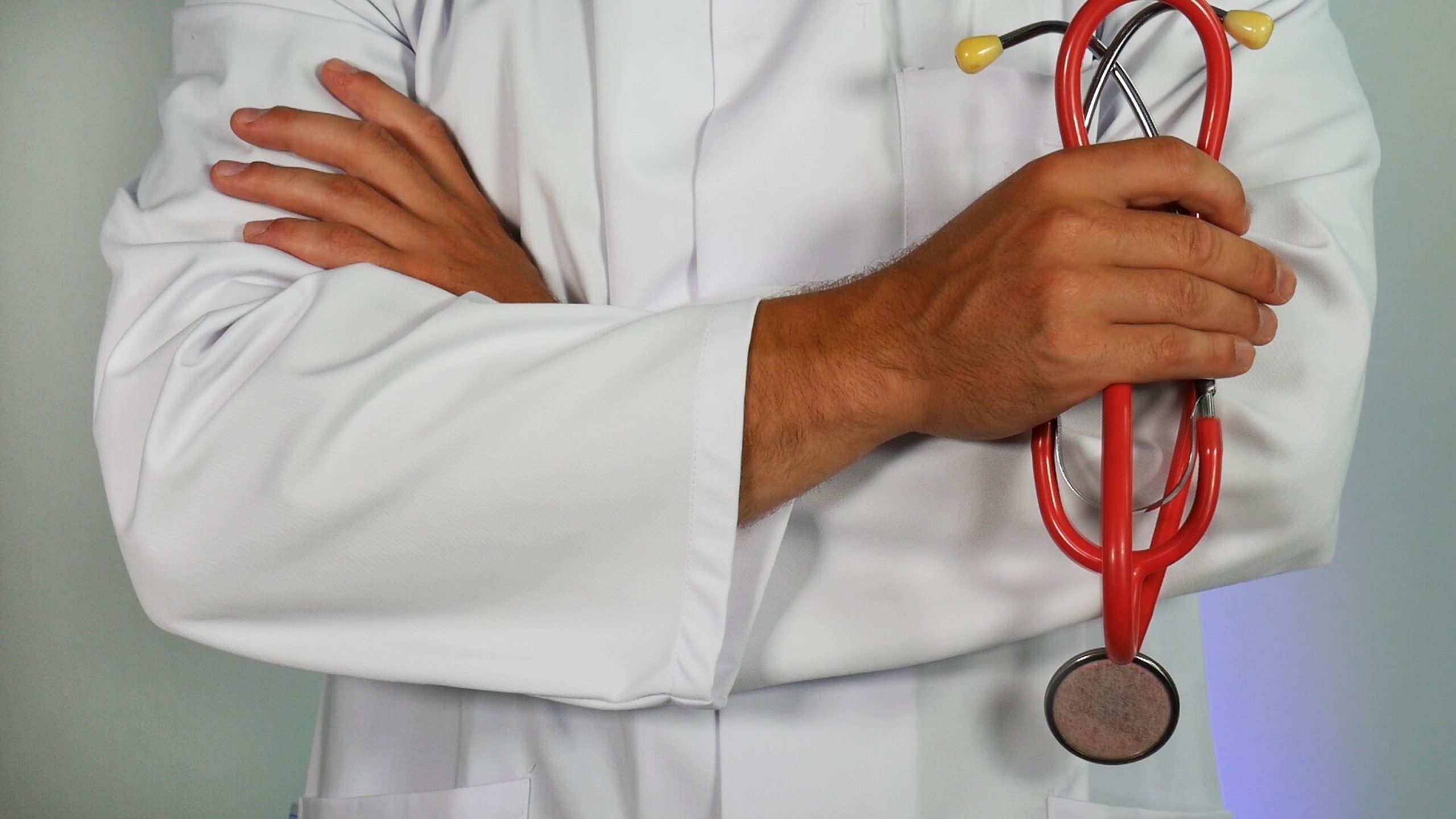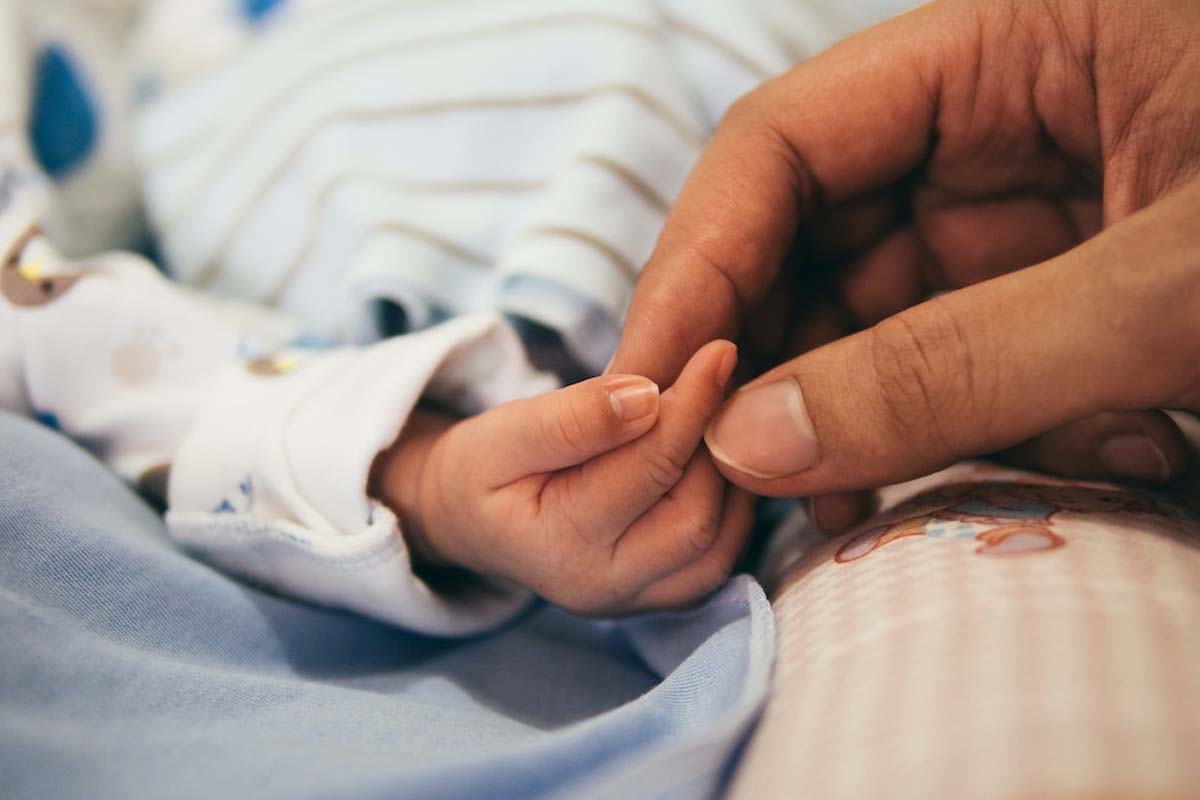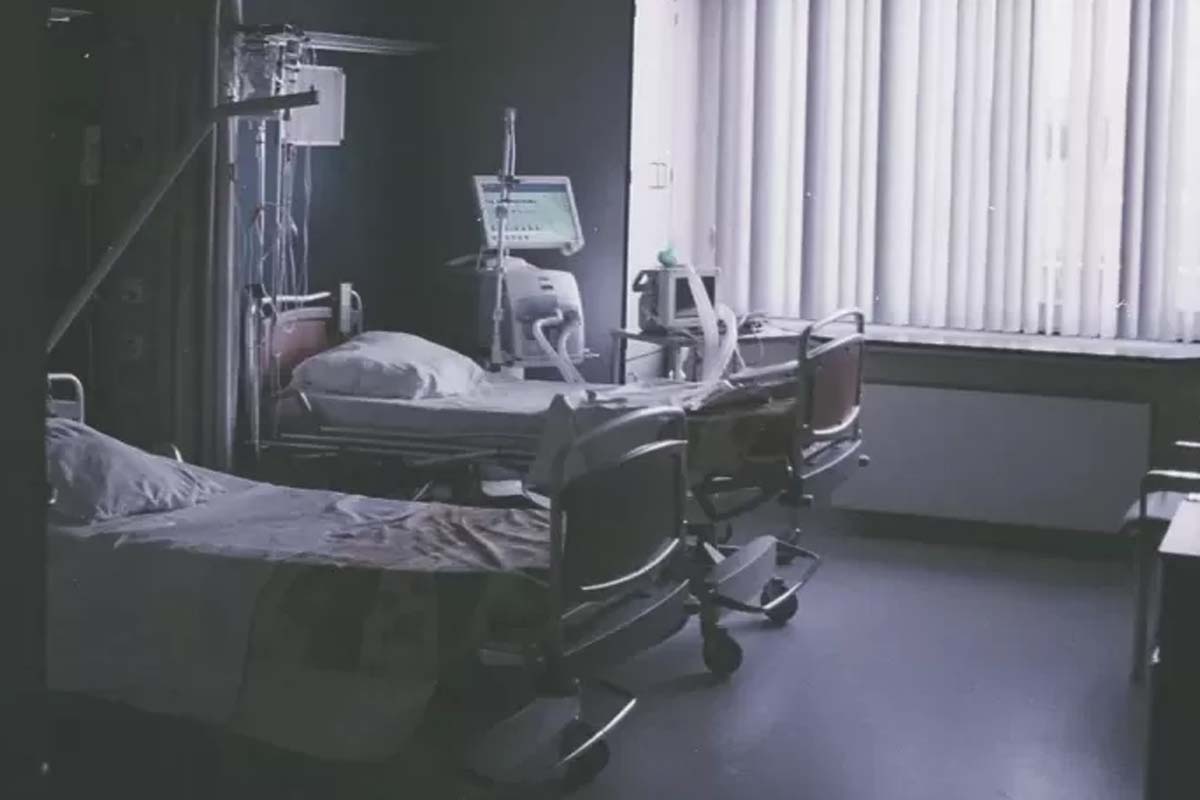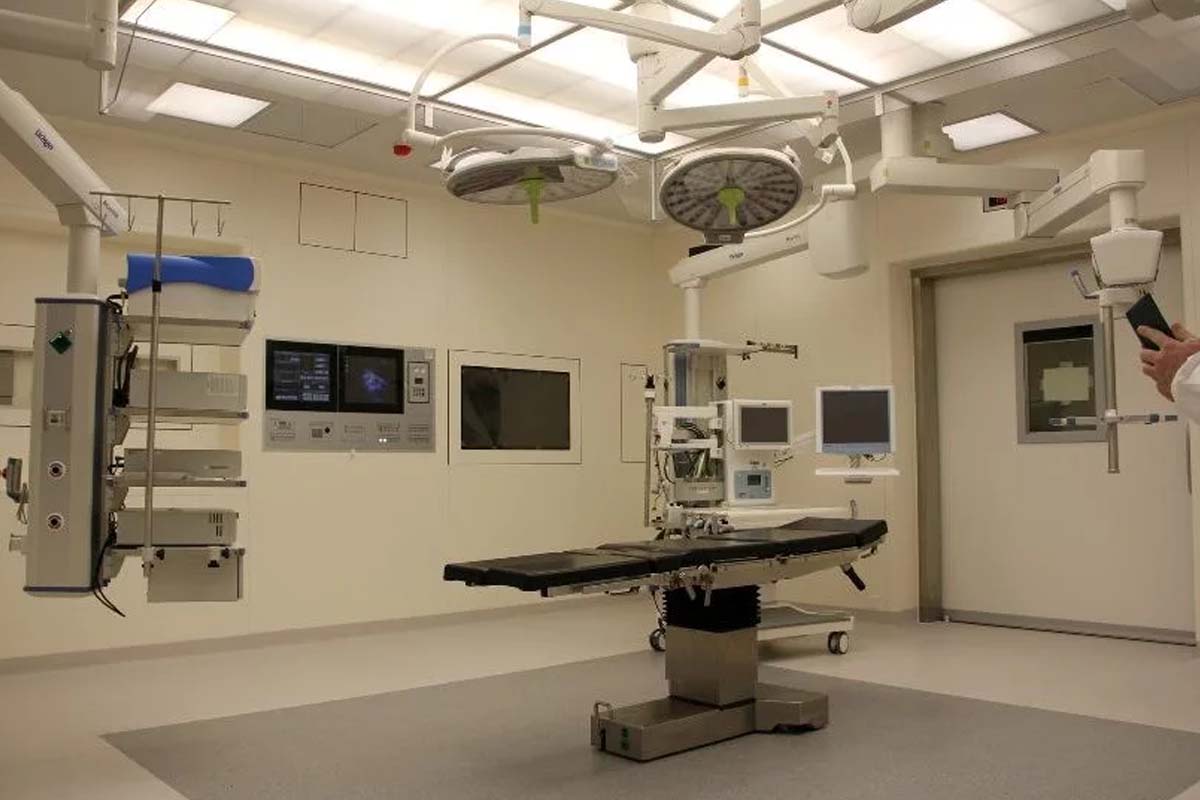We all place trust in our GPs and rely on them as the first point of contact when we have a concern about our health. GPs undoubtedly work hard but GP practices are busy and stretched and sometimes the care we receive is not all it could be.
Your GP, like all medical professionals, has a duty of care towards you as their patient, as do all the staff of the practice, and where there is a breach in this duty that causes you further illness, injury, or harm, then this is GP negligence and you may be entitled to make a claim for compensation.
O’Reilly Doherty & Co. Solicitors, based in Finglas, are a well established general practice who specialise in GP and medical negligence cases. We can advise you and assist you in making a GP negligence claim.

Common claims for failure to refer for further testing
The common claims for failure to refer for further testing range from the GP not sending a patient for blood tests to the hospital consultant not ordering an MRI when making a diagnosis.
You make the medical negligence claim* for the effects of the failure to refer for further testing on your life.
Common failure to refer for further testing claims:
Table of Content
What is GP negligence?
GP negligence, is a form of medical negligence, also known as clinical negligence, which occurs where a GP breaches their duty of care to you with care that is substandard and which causes you avoidable physical or psychological harm.
With a GP or medical negligence claim, you must prove medical negligence. The aim is to establish that the GP breached their duty of care, that this breach caused you injury or worsened an illness that you had, and that your injury or the deterioration of your health was due to the negligence of the GP.
Who can claim for GP negligence?
If you have been injured or your existing illness has been made worse by substandard care from your GP, you may be eligible to make a GP negligence claim.
Child medical negligence claim
If a child under 18 has experienced GP negligence, then their parent or legal guardian can make a claim on their behalf. Alternatively, If the child reaches the age of 18 and wishes to pursue a claim as an adult on their own behalf then they can do so.
If a person with a disability or an incapacitated person has been the victim of GP negligence, then a next of kin or close relative may make a claim on their behalf.
Fatal medical negligence
Where a family member has, tragically, died as a result of GP negligence, then certain close family members can make a GP negligence claim on behalf of the family. Your solicitor will advise you on making a fatal injury claim.
Is there a time limit to make a GP negligence claim?
It is best to speak to a GP negligence solicitor as soon as you become aware that you, or a loved one, may have experienced GP negligence.
With some exceptions, the Statute of Limitations in a GP negligence or medical negligence claim is two years from the date of injury.
However, it may be the case that the effects of the GP negligence are not immediately apparent, in this case the time limit would be two years from the ‘date of knowledge’ or the date that you became aware of the injury.
How to make a GP negligence claim
There are several steps which you must take in order to make a claim for GP negligence.
Firstly, it is essential to speak to a medical negligence solicitor who has expertise in GP negligence claims. O’Reilly Doherty & Co. Solicitors has extensive experience in dealing with medical negligence claims and will carry out an initial claim assessment and offer you expert legal advice.
Where your solicitor has assessed that you have a valid GP negligence claim, they will gather the necessary evidence and obtain medical records to support your claim.
Gather evidence
Your GP negligence solicitor will obtain all of your medical records regarding your health and treatment and may seek an expert medical review of the records to confirm that GP negligence occurred.
Your solicitor will then initiate legal proceedings, having completed the necessary paperwork. Only a relatively small percentage of medical negligence claims are heard in Court, as most are settled outside of Court, and you will be advised by your solicitor if this becomes necessary.
At O’Reilly Doherty & Co. Solicitors, we aim to keep our clients updated at each stage and to be fully transparent in dealing with your claim.
Compensation for GP negligence
The compensation you are awarded if your medical negligence claim is successful will vary depending on the circumstances. Awards usually comprise two types of damages:
Contact O’ Reilly Doherty & Co. Solicitors
We are a general solicitors and medical negligence solicitor practice, based in Finglas Dublin 11, with 20 years of experience of GP negligence and medical negligence cases and personal injury cases. We provide legal advice with your interests to the fore and we are on your side.
We understand that finding out that your trusted GP care has been substandard can be distressing at a time when you are facing ill health, or may have lost a loved one due to GP negligence.
We will treat you with empathy and respect as we understand the difficulties faced by those who have experienced GP negligence and we will treat any information you give us with sensitivity.
Let our legal expertise guide you through the steps involved and assist you to navigate the complexities of medical negligence claims. Complete our claim assessment, or call or email us and we will contact you to discuss your claim.
Client Testimonials
Very professional service from start to finish, the communication was great and the whole process was made as stress free as possible. I would highly recommend Ronan and the team.
I have used Ronan and O’Reilly Doherty both professionally and personally, I couldn’t recommend them anymore just brilliant to deal with from start to finish. Thanks Guys.
Fantastic to deal with would highly recommend.
Very friendly and extremely helpful. Thank you.
Superb service, cannot recommend them highly enough.






